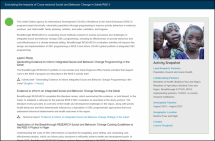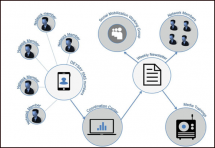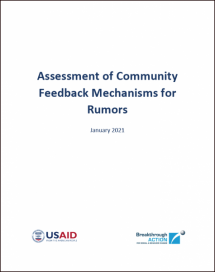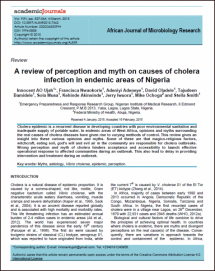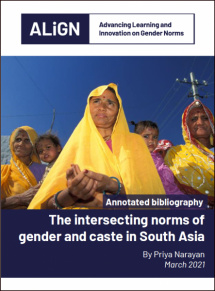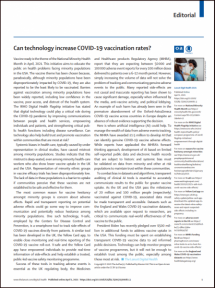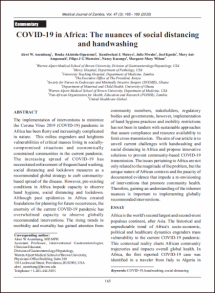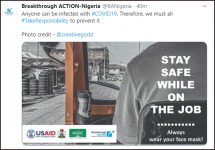Institutionalizing State-Led Social and Behavioral Change (SBC) Capacity Strengthening
The Challenge Initiative (TCI) Nigeria commenced its technical support to the government of Nigeria in late 2016. It uses an innovative, demand-driven approach that encourages cities to assume an active role in the design and implementation of high impact interventions (HIIs).
At the same time, local and global partners provide a supporting and facilitating role. States self-select and apply to participate in TCI. They demonstrate their commitment to TCI by pledging significant resources, either monetary or in-kind, to financing the HIIs. In return, TCI provides technical assistance and coaching support to governments to design a family planning and AYSRH program that is cost-effective and tailored to meet the needs and circumstances of each state.
This document, ‘Institutionalizing State-Led Social and Behavior Change (SBC) Capacity Strengthening’ is a concise guide designed to support the implementation of state-led SBC interventions in Nigeria. The document outlines the technical aspects of a demand-driven approach in which state SBC programs or interventions are led by state players from conception to monitoring in order to ensure a greater likelihood of sustained interventions and outcomes. This demand-driven strategy for SBC capacity strengthening uses family planning as an entry point and can be applied to other primary health care areas throughout Nigeria and in other African countries.
Source: Gates Institute/Johns Hopkins University
Date of Publication: June 18, 2021
SIMILIAR RESOURCES
Tools
Examples
- Evidence Review and Analysis of Provider Behavior Change Opportunities: Literature Review
- The (re)solve Project
- Using Social & Behavior Change To Improve Family Planning Outcomes / Utilisation du Changement Social et Comportemental pour Améliorer le Bilan du Planning Familial en Afrique de l'Ouest
- The Behavioural Drivers Model
- Integrating Human-Centered Design in a Multidisciplinary Effort to Address Provider Bias: The Beyond Bias Experience
- Phases of Social Marketing
- Strengthening Malaria Social and Behavior Change Communication through Research, Monitoring and Evaluation
- Provider Behavior Change Implementation Kit
- SBCC for Malaria in Pregnancy: Strategy Development Guidance
- Improving the Uptake and Adherence of Iron Folic Acid Supplements among Pregnant and Lactating Women

